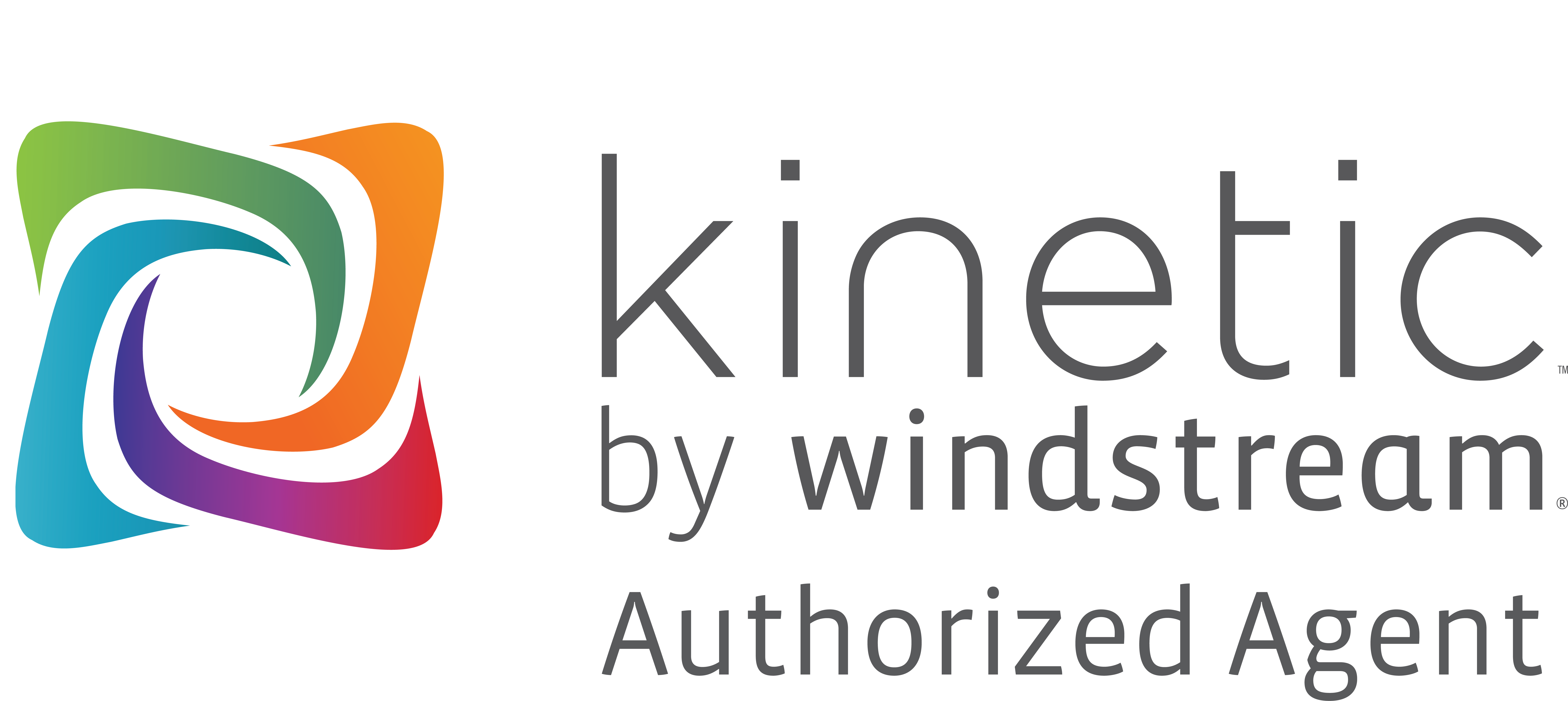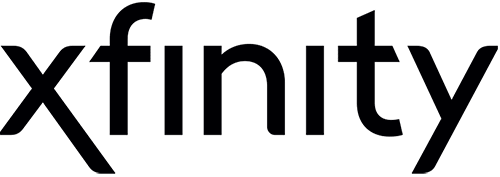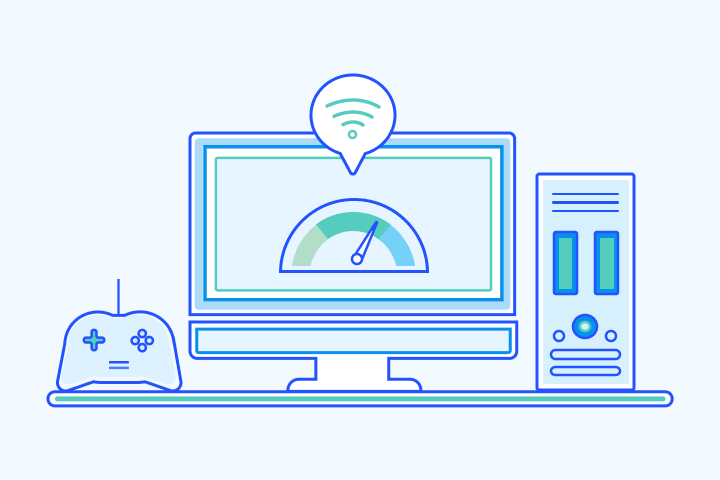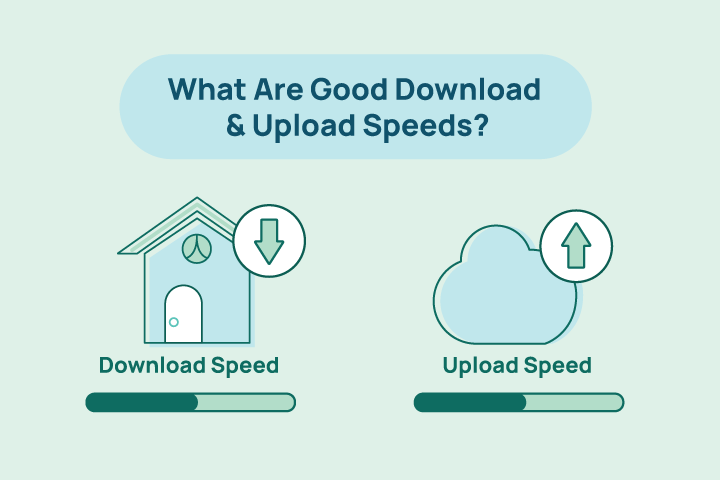Fiber vs Cable Internet: Main Differences
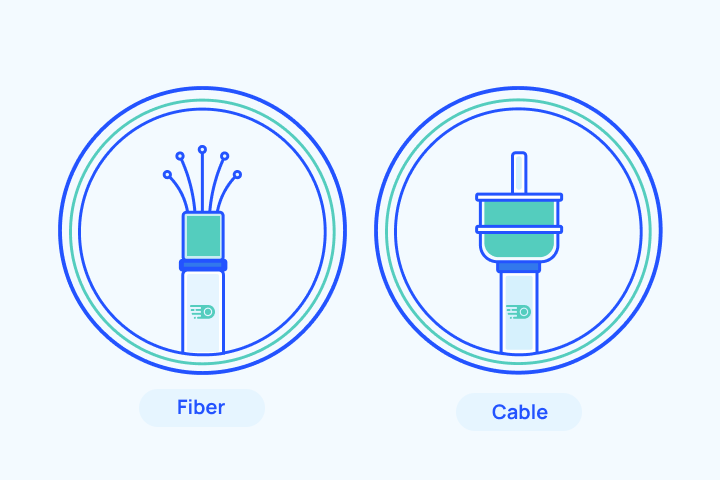
HighSpeedOptions prides itself on providing honest, quality content. While we may be compensated when you make a purchase through links on our site, all opinions are our own. Here's how we make money.
Table of Contents
Fiber internet and cable internet are the top two fastest types of internet services available today. If you live in an area where you can choose either, here’s a look at the differences between them to help you make an informed decision.
What is Fiber Optic Internet?
thumb_upPros
- check_circle
Synchronous speeds and capable of multi-gig speeds and beyond as technology advances
- check_circle
Less susceptible to environmental and electrical interferences than copper-based networks like cable and DSL
- check_circle
Nearly future-proof as the full capacity and capabilities of fiber internet have yet to be achieved
thumb_downCons
- cancel
Less available than almost any other type of internet connection due to lack of existing infrastructure
- cancel
Higher price per Mbps than most other types of internet
- cancel
It can come with high installation costs since most homes are not prepped for fiber internet
Fiber internet utilizes cables comprised of glass filaments to transmit data using light pulses. The combination of the low impedance of the glass filaments and the speed of light makes it the fastest type of internet connection, with speeds reaching 5 Gbps in some areas. Fiber is also the newest type of internet service and requires new infrastructure to operate. It is therefore most common in high-density areas like urban and suburban environments.
Top Fiber Internet Providers
- Best internet protection
- Unlimited data included
- No credit checks
What is Cable Internet?
thumb_upPros
- check_circle
Existing infrastructure makes it widely available, even in some rural areas
- check_circle
Capable of speeds up to and exceeding 1 Gbps
- check_circle
Comparatively less expensive per Mbps than other internet connection types
thumb_downCons
- cancel
As a shared connection it is susceptible to performance degradation during peak hours
- cancel
Cable internet providers frequently impose data caps on their plans
- cancel
ow promotional prices often require a 12- or 24-month contract
Cable internet is transmitted over the same copper-based cables that cable operators use to distribute cable tv to millions of homes nationwide. Since it uses the existing cable infrastructure, it is widely available. Most homes built in the last 20-30 years are pre-wired with coaxial cable, the cable needed for cable internet and TV. Cable internet offers speeds up to 1 Gbps, but some cable internet providers, like Xfinity, have plans that exceed that speed.
Top Cable Internet Providers
- Contract buyouts up to $500
- Free access to WiFi hotspots
- Nationwide availability
- Low introductory prices
- Excellent customer support
- Blazing fast speeds
What Are the Main Differences Between Cable and Fiber Internet?
Fiber and cable internet are both broadband internet services capable of some of the fastest internet speeds available today, reaching and exceeding the 1 Gbps speed benchmark. But that is where their similarities end.
Fiber internet:
- Is more efficient at transmitting data, and less susceptible to interferences like electromagnetism and weather.
- Has significant speed potential as the technology to support it advances.
- Is not as widely available as cable due to lack of existing network infrastructure.
Cable internet:
- Is susceptible to interferences, especially electromagnetic interruptions.
- Is capable of +1 Gbps speeds, but has limited speed potential compared to fiber.
- Is widely available due to pre-existing infrastructure and home readiness.
Is Fiber Internet Better? Or, Is Cable Internet Better?
The good news is that both are excellent choices for broadband internet. Fiber internet wins when it comes to top speed and potential future speeds. Cable internet wins for availability and how easy it is to integrate into your home. Besides satellite internet, the only other type of internet that is more readily available than cable is DSL internet.
Which Is Best for You?
This entirely depends on your internet needs and lifestyle. Do you need top online gaming speeds? Then, fiber internet speeds and low latency is the optimal choice. However, if fiber is not available in your area, cable internet is still a solid choice for high speeds and respectable latency.
If you work from home and frequently participate in video calls, you will notice more reliable performance and stability with fiber internet. This is due to synchronous download and upload speeds common in fiber internet. Having a faster upload speed will produce less delay and distortion for important work calls.
Pricing is comparable between the two, but the cost of cable internet is frequently lower than fiber internet when you compare the price per Mbps. If budget is a concern, cable internet providers offer plans starting at about $20 per month, but keep in mind that they will be in the 50-100 Mpbs range.
Final Thoughts
Fiber and cable internet are each solid choices for reliable and fast internet. Your choice might just depend on what’s available in your area. However, if you do have a choice between the two, we recommend fiber optic internet for its speed, reliability, and future potential.
Need better internet? Drop your zip code below to begin the search for the right provider for you.
Find providers in your area

Table of Contents


